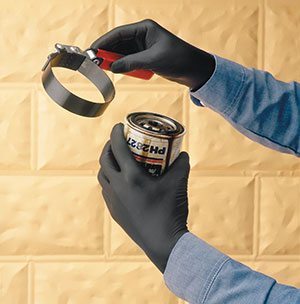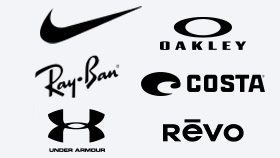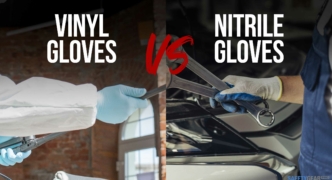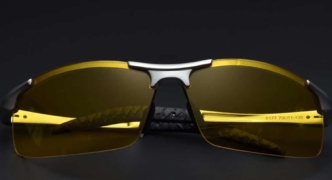
Gone are the days when Nitrile gloves were less popular than the latex ones. Back then, healthcare professionals preferred the latex gloves because they were more comfortable to wear. Moreover, nitrile gloves were costlier, which was another reason for their unpopularity. With the introduction of vinyl gloves, people had another option. However, as you will see below, vinyl can be cumbersome to use. Times changed and healthcare professionals now prefer nitrile to latex and vinyl varieties.
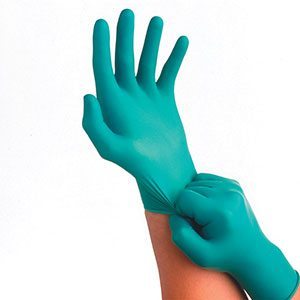
Here are some reasons why:
Latex vs. Nitrile Gloves
Latex gloves are manufactured from natural rubber. This can cause an allergic reaction in many people. People susceptible to latex allergies can easily use nitrile gloves made of synthetic rubber.
Being made of synthetic rubber, nitrile is almost 3 times stronger than latex. This makes it more puncture resistant, which is a handy feature to have when someone is working with sharp needles.
Lastly, the price of latex is more likely to fluctuate, depending upon the availability of natural rubber. This means that the price of medical gloves made from latex can also vary greatly. Synthetic rubber is created inside a lab and can be mass produced in a plant, which makes price volatility unlikely.
Nitrile vs. Vinyl Gloves
Vinyl gloves are also made from synthetic Poly Vinyl Chloride (PVC). However, it cannot match the durability and high degree of protection that nitrile medical gloves can offer.
It is necessary for safety gloves to be form fitting, which vinyl gloves aren’t. Loosely fitting gloves not only hamper the wearer’s range of mobility but might also catch on something and tear.
Lastly, some PVC gloves can contain toxic material, such as plasticizers. Among plasticizers, one of the most dangerous chemicals, DEHP, might interfere with the development of the male reproductive organs!
Reasons why nitrile gloves are called medical grade gloves:
- Hypoallergenic
- More puncture resistant
- Powder-free
- Form-fitting
- Free of toxic chemicals, such as DEHP
- Resistant to a wide range of chemicals
- Suitable for an extended amount of time
- Will work well in a wide range of high-risk situations
- Longer shelf life
It is evident that nitrile gloves have much more to offer than the other varieties. It is equally obvious that they are more suitable to lab work and as safety gear than others are. Which one should you be trusting to keep you safe?
Investing in appropriate personal protective equipment is essential, especially if you handle potentially hazardous substances. Here is all you need to know about Nitrile gloves to make the right choice.
While proper clothing, helmets, and masks are extremely important when it comes to protective gear, the hands, being the most common point of contact, are most liable to get affected by such material. This is why OSHA has a hand protection standard — 29 CFR 1910.138 that ensures that the employees are made to wear protective medical gloves when touching any harmful material.
Which Protective Medical Gloves to Use
Before you go about using them, there are a lot of things that you need to know about wearing the protective gloves. Plastic gloves are low cost and provide standard barrier protection. But, they are also less durable and tactile. On the other hand, rubber gloves are more durable and offer flexibility. Rubber gloves use either latex or nitrile
Latex gloves are great. But, they often cause allergic reactions in people. As the number of such cases increased, there was a need to replace the material and the latex-free nitrile gloves turned out to be the perfect product with its puncture resistant, tough design. This makes them ideal for usage with even sharp objects and medical tools.
Nitrile gloves
Nitrile gloves in contrast, offer effective resistance against chemicals and offer a fitted closing in order to prevent them from falling off during their usage. Moreover, as they are available in a number of colors, you can have them color-coded to avoid confusion in a working area such as a medical facility.
These gloves are available in different grades, as we have discussed below:
Medical Grade
Medical grade gloves include Grape Grip, Med-Edge, Black Widow, Protector XR, NitraFlex gloves. These are perfect when it comes to medical examinations. Moreover, they are free of powder and are available in black, blue, and purple colors.

Industrial Grade
Industrial grade gloves are Rhino, Atlantic, Pacific, and Edge. They facilitate a firm grip and come in purple, black, and blue colors.
